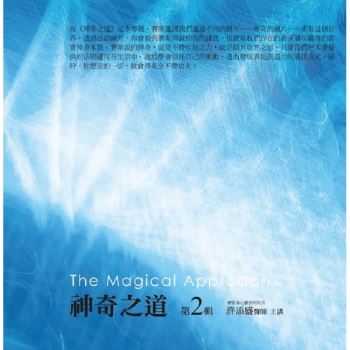The ancient problem of fatalism, more particularly theological fatalism, has resurfaced with surprising vigour in the second half of the twentieth century. Two questions predominate in the debate: (1) Is divine foreknowledge compatible with human freedom and (2) How can God foreknow future free acts?
Having surveyed the historical background of this debate in The Problem of Divine Foreknowledge and Future Contingents from Aristotle to Suarez (Brill: 1988), William Lane Craig now attempts to address these issues critically. His wide-ranging discussion brings together a thought- provoking array of related topics such as logical fatalism, multivalent logic, backward causation, precognition, time travel, counterfactual logic, temporal necessity, Newcomb's Problem, middle knowledge, and relativity theory.
The present work serves both as a useful survey of the extensive literature on theological fatalism and related fields and as a stimulating assessment of the possibility of divine foreknowledge of future free acts.
| FindBook |
有 1 項符合
Divine Foreknowledge and Human Freedom: The Coherence of Theism : Omniscience的圖書 |
 |
Divine Foreknowledge and Human Freedom: The Coherence of Theism : Omniscience 作者:Craig 出版社:Brill 出版日期:1990-12-01 語言:英文 規格:精裝 / 360頁 / 24.6 x 16.5 x 2.8 cm / 普通級/ 初版 |
| 圖書館借閱 |
| 國家圖書館 | 全國圖書書目資訊網 | 國立公共資訊圖書館 | 電子書服務平台 | MetaCat 跨館整合查詢 |
| 臺北市立圖書館 | 新北市立圖書館 | 基隆市公共圖書館 | 桃園市立圖書館 | 新竹縣公共圖書館 |
| 苗栗縣立圖書館 | 臺中市立圖書館 | 彰化縣公共圖書館 | 南投縣文化局 | 雲林縣公共圖書館 |
| 嘉義縣圖書館 | 臺南市立圖書館 | 高雄市立圖書館 | 屏東縣公共圖書館 | 宜蘭縣公共圖書館 |
| 花蓮縣文化局 | 臺東縣文化處 |
|
|
內容簡介
作者簡介
William Lane Craig is currently Associate Professor of Philosophy and Religious Studies, Westmont College, Santa Barbara, California. Publications: Assessing the New Testament Evidence for the Historicity of the Resurrection of Jesus (1989); ’No Other Name’: A Middle Knowledge Perspective on the Exclusivity of Salvation through Christ (1989) and Middle Knowledge: A Calvinist-Arminian Rapprochement? in The Grace of God, the Will of Man (1989)
The book surveys and critically assesses the contemporary debate over the possibility of divine foreknowledge of future human free acts, drawing upon related discussions of a wide variety of topics such as logical fatalism, multivalent logic, backward causation, precognition, time travel, relativity theory, Newcomb’s Problem, and middle knowledge.
|










